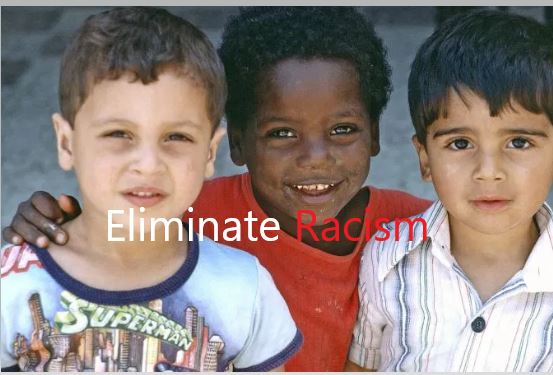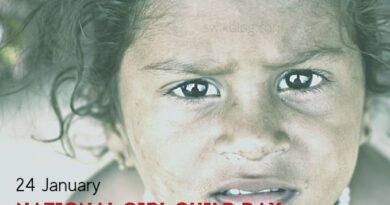International Day for the Elimination of Racial Discrimination 2020- Theme ,Challenges and Objectives
The General Assembly of the United Nations restates that all human beings treated equally in dignity and rights and should constructively contribute to the growth and welfare of their communities. Since its establishment, the UN has been dealing with this issue and the prevention of racial discrimination is embedded in all key international humanitarian instruments.
This year, as part of its 43rd conference, the International Day to Eliminate Racial Discrimination focus on the ” midterm review of the International Decade for People of African Descent” initiated by the Geneva Human Rights Council. In 2015-2024, the UN General Assembly declared as the International Decade of People of African Descent with the theme “People of African descent: recognition, justice and development.” citing the importance of enhancing national, regional and international cooperation to allow people of African descent to fully enjoy economic, financial, cultural, civil and political rights and to completely and fairly engage in every area of society.
Main Objectives of International Day for the Elimination of Racial Discrimination in 2020
- Promote the dignity, protection and enforcement of all human rights and basic freedoms of the people of African origin as acknowledged in the Universal Declaration of Human Rights.
- Encourage deeper recognition and appreciation for the richness of African descent’s patrimony, history and commitment to the growth of communities.
- Pursuant to the Durban Declaration and Program of Action and the International Convention on the Elimination of All Forms of Racial Discrimination, implementing and improving national, global and international legislative systems and maintaining their complete and successful compliance.
Challenges that African Descent people facing today
Nearly half (45%) of Africans faced racial prejudice in renting an apartment or purchasing a house in other nations.
Very commonly, Africans face racial prejudice when engaging with police, rewarding or supporting equally, and applying for jobs.
More than 60% of all African believe that many African people where they live have less career prospects only because they’re black (71%), that black children don’t have the same chances as white children for higher jobs (64%), and that black people are paying less than white people for similar work (61%).
61% of African Americans claim that police officers in their region are more likely to use excessive brutality on Black people than on white people in the same situation.

The history of slavery and colonization oppressed people of African origin live in the African Diaspora for generations. There is growing agreement that segregation and ethnic inequality have confined people of African origin to many facets of public life, endured alienation and deprivation, and are still “invisible” in official statistics. Progress has been achieved, but the condition remains in many parts of the world, to differing degrees.




